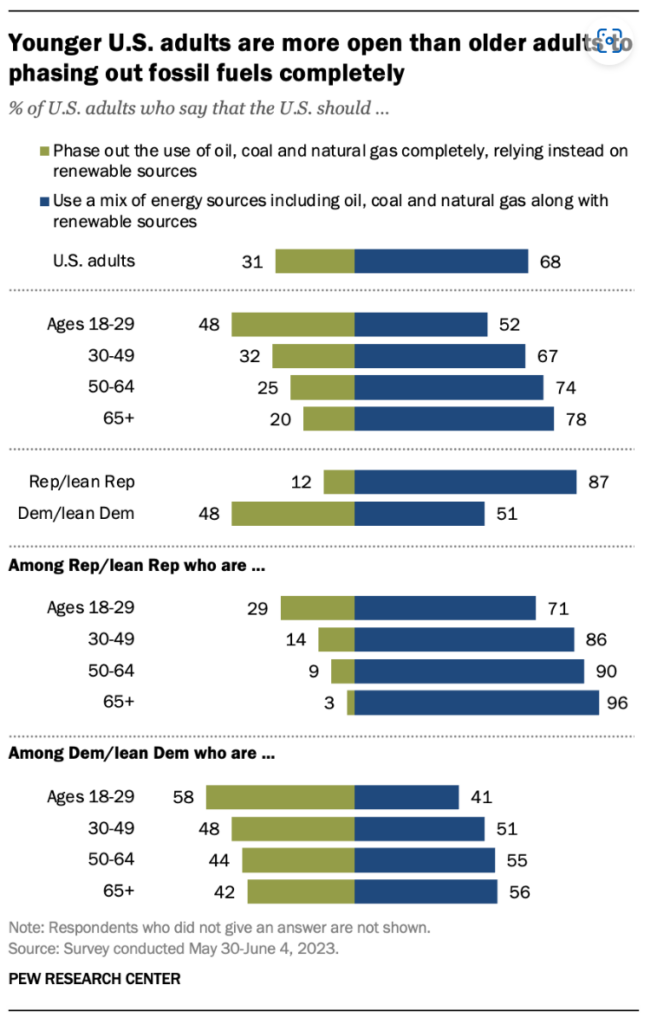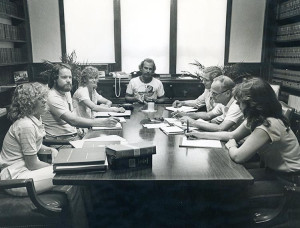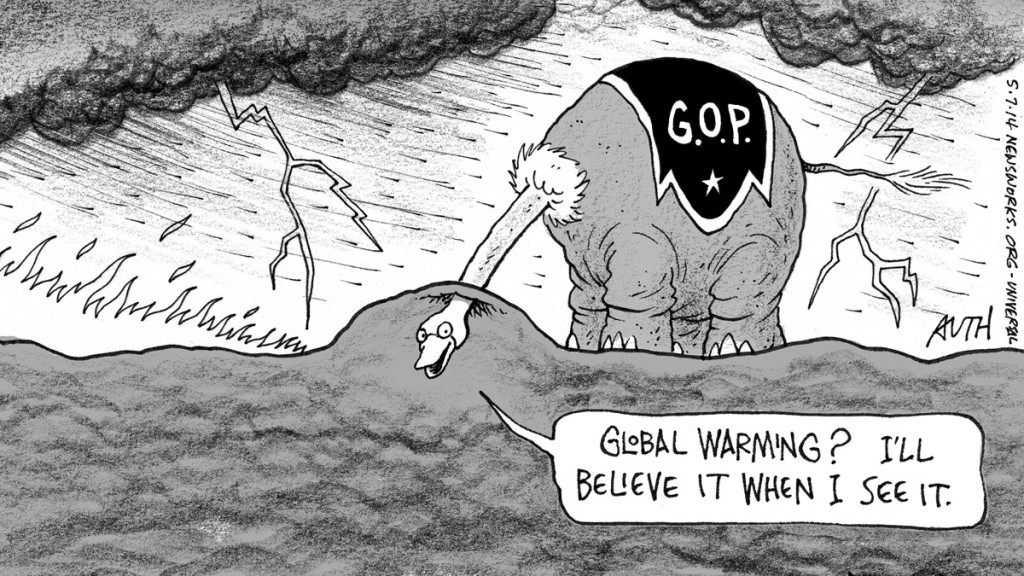A Cacophony of Chaos

If you live in a place like I do, Florida, you get used to chaos.
Lots of chaos.
Florida’s natural environment is one of the most fragile on planet earth. For six months every year the tropical cyclone (aka Hurricane) season rightfully has everyone on edge over when the next “big” one might strike and what it might destroy. Rising water temperatures breed monster collections of algae that attack countless living creatures, while simultaneously killing an entire ecosystem in the form of our precious coral reefs. And if those rising temperatures were not bad enough, the resulting rising sea levels from our climate change crisis increasingly place vast parts of the state such as Miami, Miami Beach, the Florida Keys, and the Everglades to name just a few, at the real risk of extinction for future generations. The chaos our natural environment faces includes corruption, a legislative agenda dedicated to protecting antiquated polluting industries and over-development just about everywhere while the common sense needed to protect what’s left before it’s too late is increasingly in short supply or nonexistent.
And then there is the political environment, a part of our daily life that’s truly become a cacophony of chaos as will likely be in evidence this week when leading Republican Presidential primary contenders arrive for a national debate or, in one case, an evangelical type rally. In recent years it’s become a way of life here in Florida (and, I dare say, increasingly elsewhere in America) to witness political factions and fanatics attacking books, enlightened education, civil liberty, and science, much less humiliating or assaulting far too many of our citizens simply for being themselves. And all of this fabricated chaos appears designed to lead only to political donations, social media fame, talking head television appearances, and public division rather than solving the real issues of our time. While those that broker in this type of discord should be ashamed of themselves there even seems to be evidence that the chaos they have built by propagating fear, relentlessly manipulating electoral rules, diminishing historically sacred institutions, much less the rule of law our society is based upon, is feeding their follower base (beast?) in ways that make me wonder if we are approaching a point of no return.
Consider how our environment is being attacked by political ideology consciously intent on weaponizing fear, embracing greed, diminishing science, and overlooking what’s obvious to anyone who just opens their eyes. For about half of my life, for example, a Florida governor has either denied that our climate change crisis is real by failing to even discuss the topic or address its core cause while missing a profound opportunity to lead America into a sustainable energy future from a place called “The Sunshine State.” It is a fact that former republican governor, and current senator Rick Scott, spent eight years infamously refusing to discuss the topic and even outlawing mention of terminology like “climate change,” “global warming,” or “sea level rise” within state documents and public discussions. It is also a fact that our current republican governor, Ron DeSantis, a man running for President who will be a focal point in this week’s debate, paints any mention of the cause of the climate crisis as “woke stuff” that he refuses to even discuss and whose dystopian energy policy (Energy Rollout | Ron DeSantis for President – Official Website) should he be elected, will put our country at dire risk by simultaneously protecting the polluters and missing an incredible opportunity to embrace a historic sustainable energy transition that promises to not only offer a lasting benefit to our environment but economy as well.
As the national political stage (and “stage,” as in a theatrical production, sure seems like the right word) returns to South Florida this week one can only hope for some deep, serious discussion about our climate change crisis during the debate. I realize that it’s likely wishful thinking to expect a serious discussion take place given how the topic has been handled in the first two debates, much less the constant chaos the Republican party seems to prefer over serious problem solving, but this week’s location, Miami, logically demands that the moderator and host network (NBC) make climate change the centerpiece of the event. At least that’s my hope.

Reality, however, suggests that the event will likely be a chaotic circus/carnival-like atmosphere on the stage that has become the State of Florida led by an ensemble of members of the Republican Party at a time when our futures desperately need serious solutions and leadership. Florida Governor DeSantis will refuse to discuss solving the cause of the climate crisis. The Chaos King himself, former president Trump, who now lives full time in Florida while facing 91 felony counts in various jurisdictions, will simultaneously hold a Rally of Lies across town intent on amplifying the chaos. And let’s not forget Florida’s very own US congressional Representative Gaetz (a man rumored to want to run for, of course, Florida Governor), recently spearheaded the weeks-long vacancy of the Speaker of the House in the middle of the current legislative session, something that has never happened before in the entire history of the United States. I could go on, but it all makes my head spin while spending years wondering why must this cacophony of chaos always seem to be in and from one (the Republican) political party?
Thankfully, there is good news and, no, I am not talking about the news in recent weeks that the month of September set alarming temperature records in our air and oceans and, as I wrote earlier this year, make it nearly certain that 2023 will be the hottest year in recorded history. And no, I am not talking about the alarming conclusions that many of the world’s leading climate scientists published last week, as outlined in the Oxford Open Climate Change Journal (Earth will cross warming threshold this decade: Study | The Hill), forecasts that earth will reach its climate tipping point of 1.5 degree Celsius by the end of this decade and 2 degrees by 2050 (versus prior estimates of 2035 and 2055 respectively). Both of these facts further portray the truly urgent need for America, for every person and every party, to take and embrace the serious solutions needed to slow and then solve our climate crisis before it’s too late.
The “good news” amidst all of the chaos that I am writing about is that horrific increases in temperature, along with record low sea ice levels, rising seas, and all of the other climate change indicators caused by mankind’s love affair with fossil fuels has the attention of young people all over the world. And that includes young, conservative, republicans. Yes, you read that right, the youngest members of the republican party increasingly want to see their elected leaders address the core cause of our climate crisis (fossil fuel use) and transition our current energy system into one based on sustainable sources of power.
Recent polling makes it clear that young people, most certainly including young republican voters, want to solve the climate crisis. In growing numbers these young people are, as we should all be, serious about both protecting our environment and the economic benefits to our economy. Consider, for example, the PEW Research Center’s polling just this summer, that found the following:
- Currently 31% of all American adults want the use of fossil fuels (oil, coal, and natural gas) phased out of use in favor of renewable energy while 68% of those asked want a mixture of renewables along with fossil fuel solutions.
- The youngest responders (the group between 18-29 that has the distinction of growing up learning about the negative consequences of fossil fuel use more than any prior generation and will soon inherit the responsibility for solving the problem), are evenly divided with 48% wanting fossil fuel use phased out and 52% wanting a combination of renewable and fossil solutions.Conversely just 20% of the oldest American’s polled, those over 65 and who have spent a lifetime using fossil fuels, want to phase out fossil fuels while 78% prefer a combination.
- Likewise, an even number of registered democratic voters, 48%, want to phase out fossil fuels while 51% want to see a combination of fossils and sustainable energy.Only 12% of registered republican voters currently favor phasing out fossil fuels while a whopping 87% prefer a combination.
- The good news and our hope for the future, however, lies within how various generations are split in their thinking. While only 12% of all republicans currently favor phasing out fossil fuels some 29% of younger republicans aged 18-29 favor phasing out fossil fuel use (it’s 58% of similarly aged young democrats). Compare that 29% to just the 9% of republicans 50-64 years old or just 3% of those 65+ that feel polluting fossils should be fully phased out and you can clearly see a shift in thinking along generational lines.
Here is a summary of the PEW poll results:

And as further evidence that young republican voters want our climate crisis addressed, consider this recent article from the Chicago Tribune (the red-colored highlights are my own):
DENIAL OF CLIMATE CHANGE MIGHT BE A PARTY DEAL-BREAKER FOR YOUNG CONSERVATIVES
BY SUSAN ATKINSON, CHICAGO TRIBUNE
Benji Backer, a 25-year-old conservative from Wisconsin, was not pleased with a recent Republican presidential primary debate. The candidates either denied, ignored or downplayed the Fox moderator’s question on climate change.
Backer is not alone in his views. Founder of the American Conservation Coalition, Backer said of his peers: “Young people will never vote for a candidate that does not believe in climate change. We’re not going away; we are normalizing this as part of the Republican conversation. Republicans deserve to lose if they are climate deniers and don’t have a plan.”
Climate change is often seen as an intergenerational issue, with the younger generation expected to bear the brunt of the impacts. The GOP’s failure to articulate an adequate climate policy is alarming 18- to 38-year-old voters. The cost of inaction will have far-reaching consequences. Some young conservatives are concerned that their party’s reluctance to address climate change represents a failure to consider the interests of future generations.
The older conservative generations have broad influence and power over the current climate change narrative, though the time for change is ripe. And the time for climate denial and inaction has passed. The younger conservative generation isn’t buying the old narrative.
Young or old, we can see the escalating impact of drought, crop failure, wildfires, sea level rise and storm damage that will devastate future economic prosperity. The younger generations are coming of age and using their votes, which they demonstrated in record numbers in last year’s midterm election. Their votes could be crucial in swing states in 2024. They know that the problem is real, that it needs to be addressed now and that conservative policy solutions can make a difference.
GOP House Rep. John Curtis of Utah made a similar point to Backer’s. “I believe strongly that if Republicans don’t make (climate change) an issue, we will lose the upcoming generation of Republicans,” he said. “The upcoming generation will not be patient with us. This is a deal-breaker for them. They’ll leave the Republican Party over this one issue.”
Well-respected GOP pollster Frank Luntz said in 2019 that of all generations of current voters, “Three in four American voters want to see the government step in to limit carbon emissions – including a majority of Republicans (55%). Voters’ concerns simply aren’t being addressed.”
There are at least four reasons for young conservatives’ concern:
- Scientific consensus: Older conservatives were educated in a time before climate science; younger generations learned climate science along with reading, writing and arithmetic. Education is foundational to our worldview. Advancing policies based on evidence and scientific consensus is crucial for effective solutions.
- National security: Climate change is increasingly seen as a national security threat due to its potential to exacerbate conflicts over resources, disrupt supply chains and create refugee crises. Addressing climate change is a matter of protecting national security and maintaining geopolitical stability.
- Economic opportunities: Renewable energy and other climate-friendly technologies represent economic opportunities, including job creation and innovation. Supporting policies that promote clean energy fosters economic growth and reduces reliance on foreign energy sources.
- Conservative values: Some conservatives may argue that addressing climate change aligns with traditional conservative values, such as responsible stewardship of resources, fiscal responsibility, and a desire to preserve natural beauty and landscapes. Solutions that are pro-market and involve limited government regulation exist – such as a carbon fee and dividend with a border tax adjustment. We need to keep American businesses competitive in global markets.
Republicans should develop a coherent and effective climate policy before they cease to be a politically viable party. The political will is mounting for serious solutions to climate change as public opinion shifts.
Increasing numbers of Americans – including Republicans – are expressing concern and support for action. We need all voices at the solutions table, especially ones that reflect long-standing conservative principles.
Susan Atkinson is a volunteer for the Citizens Climate Lobby, an organization that reaches across the political spectrum to find common ground for climate change action.
Sadly, but not surprisingly, the old-fashioned chaos (and denial) that older generations favor will be front and center this week here in Florida but thanks to young people I continue to believe that our future is bright. Youth in my generation know that fossil fuel use is damaging our environment, economy, and people’s health. And we know that these impacts will only worsen over time. As I have written many times over the years, young people know that our climate crisis is the most important issue we will ever face during our lives and how we address it will define out time here on earth.
So now the question is who amongst the adults in leadership positions today and those that aspire to them in America’s tomorrow will step away from the divisive chaos that currently reigns and help make the hard decisions to enact a meaningful transition away from fossil fuels and to our sustainable energy future? Frankly, our climate crisis is so profoundly important that one’s political party, as even the polls show, is increasingly far less relevant than understanding that it will take all of us to lead the world towards solving the problem.
Here’s to hoping for a serious discussion about our climate from at least some of those in Miami this week. And being ever hopeful, that perhaps, just maybe, one or more of the republican candidates will step out from under their carnival tent and into the real world where leadership is so desperately desired by the youngest amongst us at a time when the cacophony of chaos is no longer acceptable.








